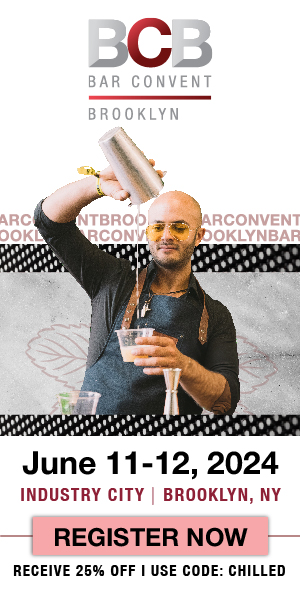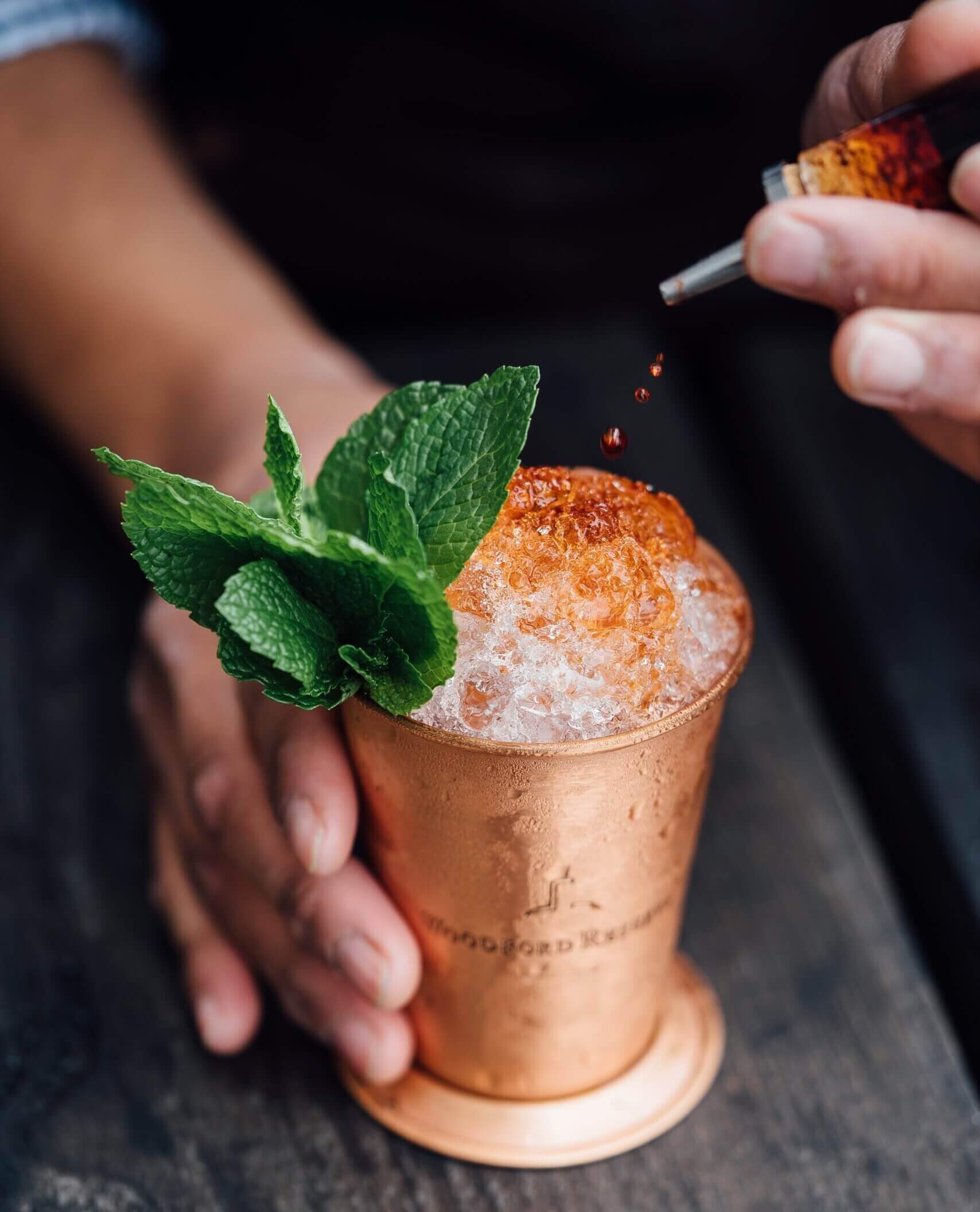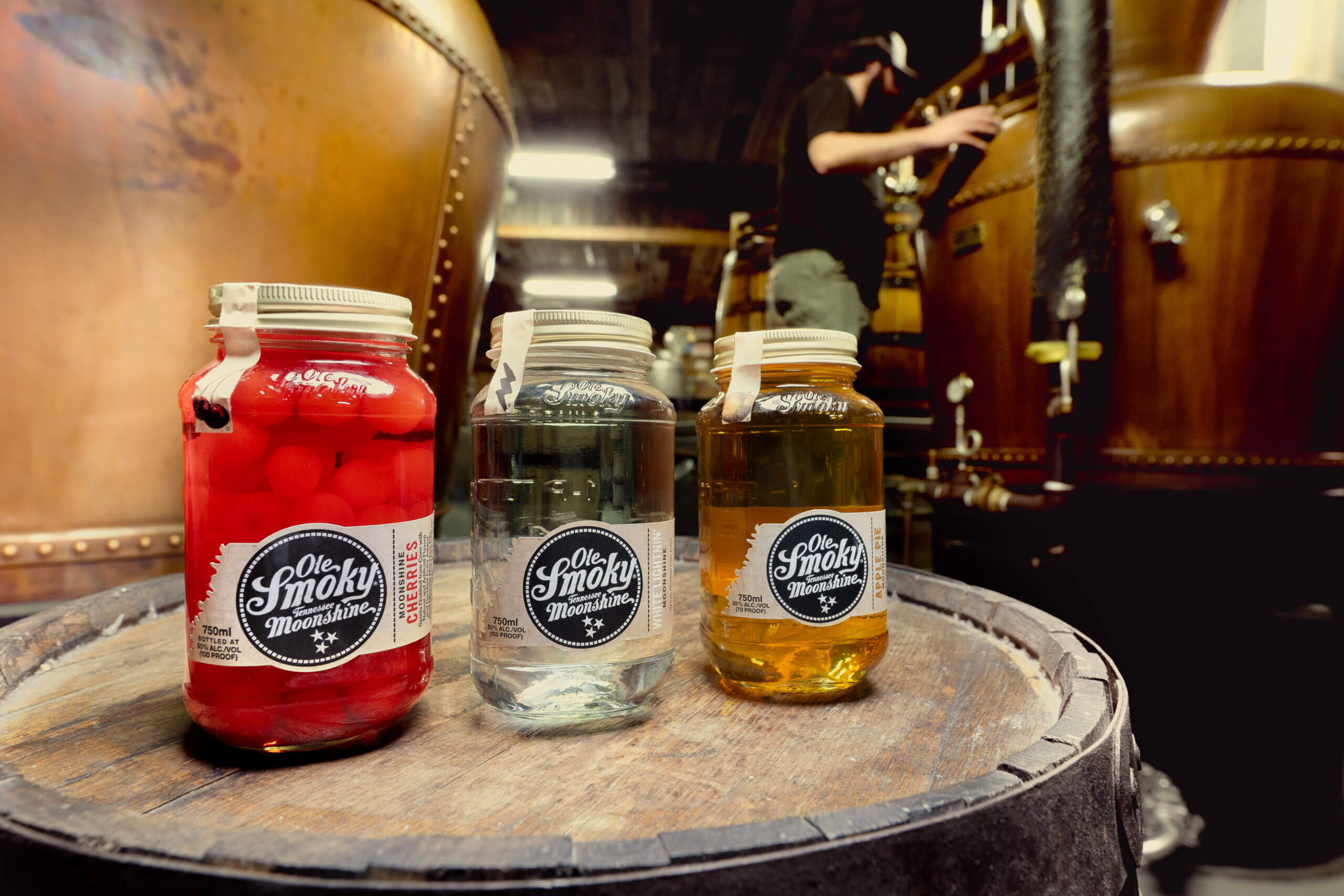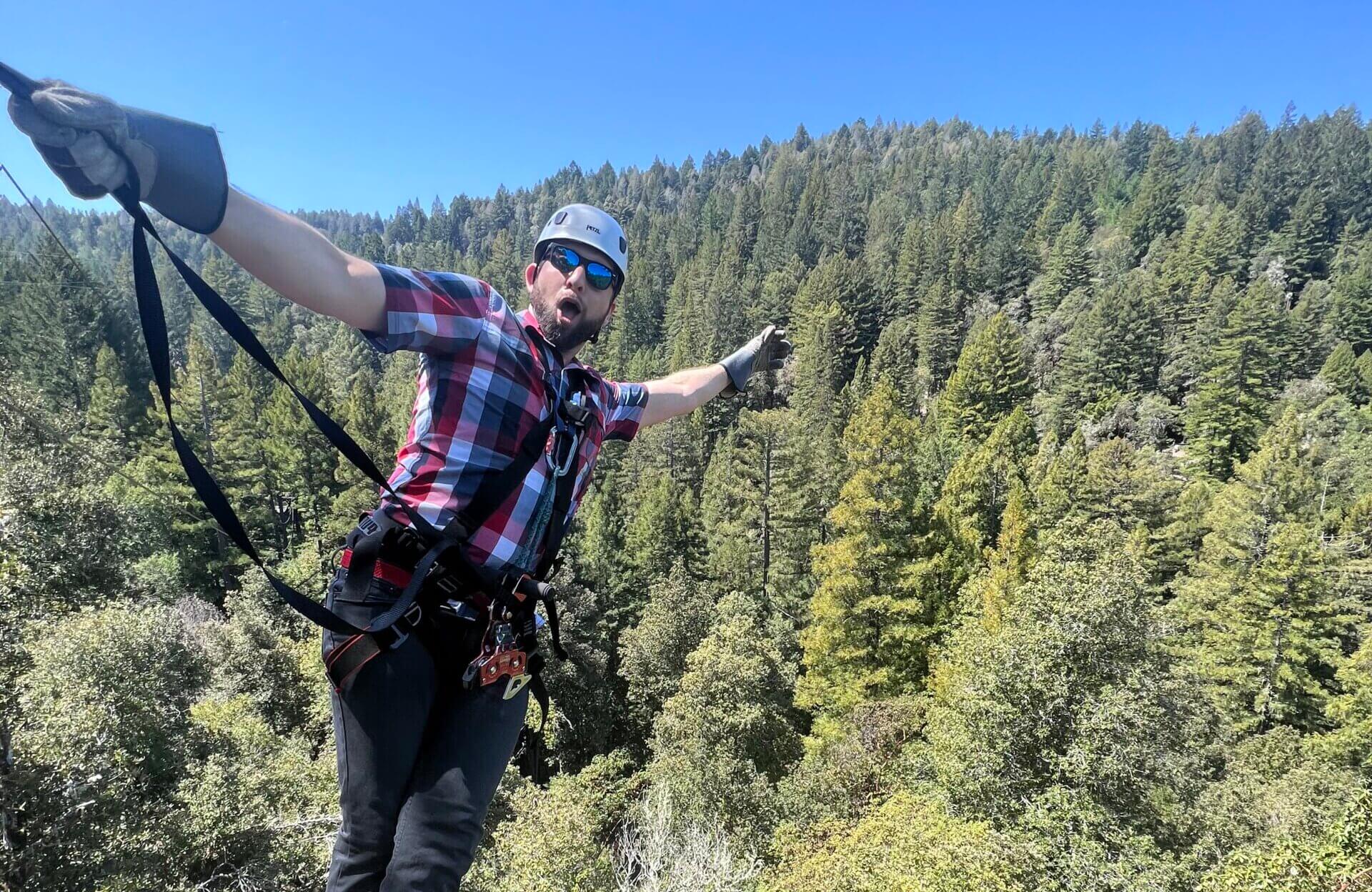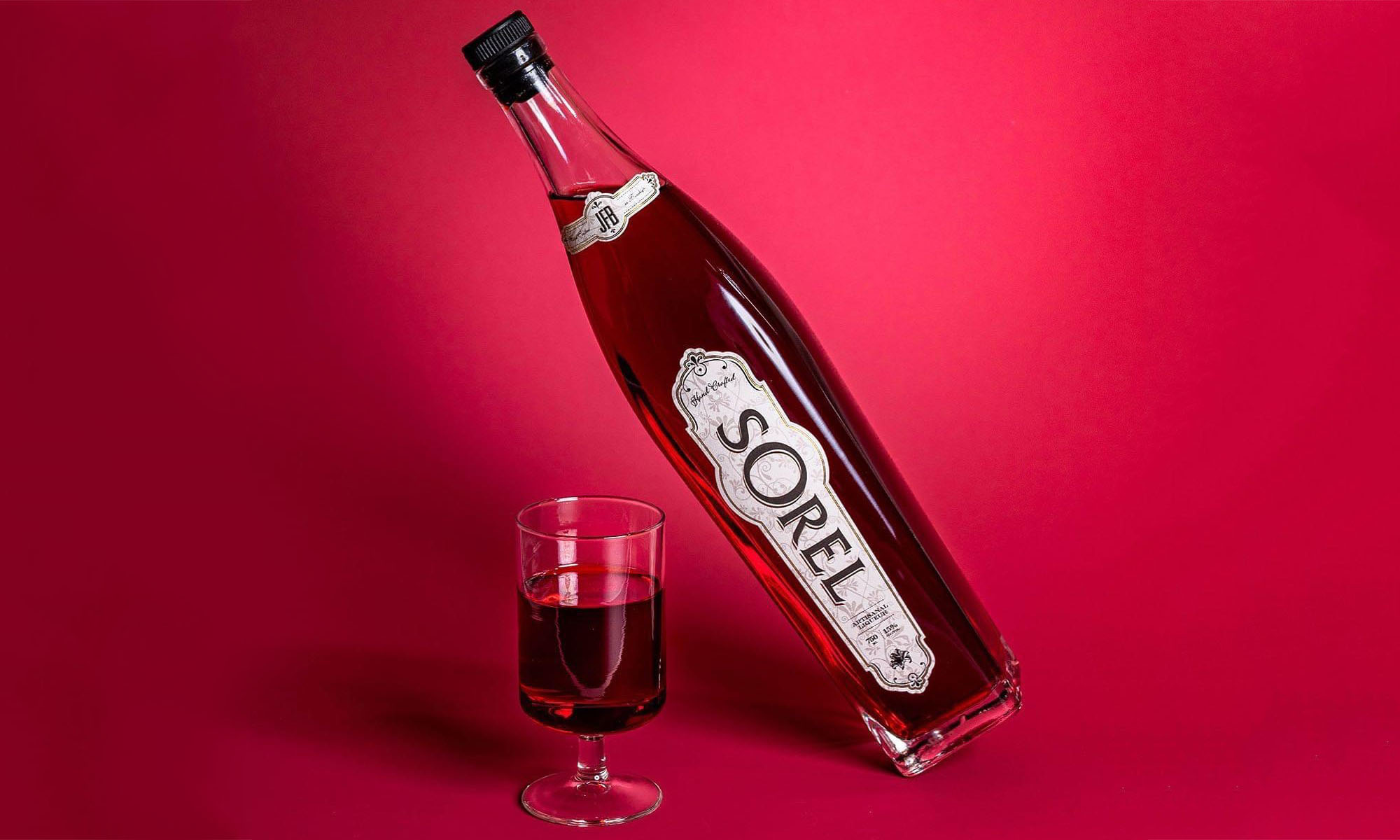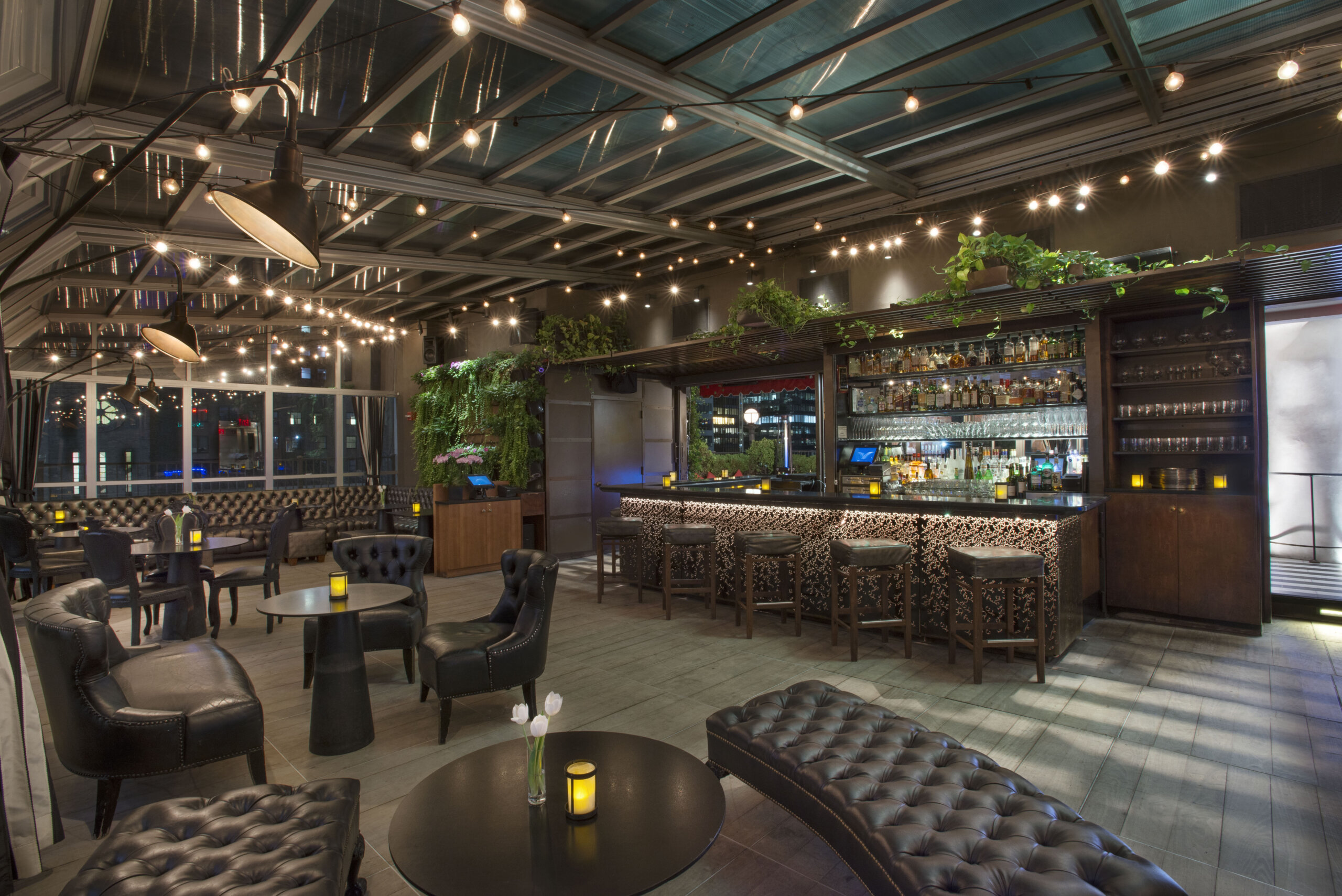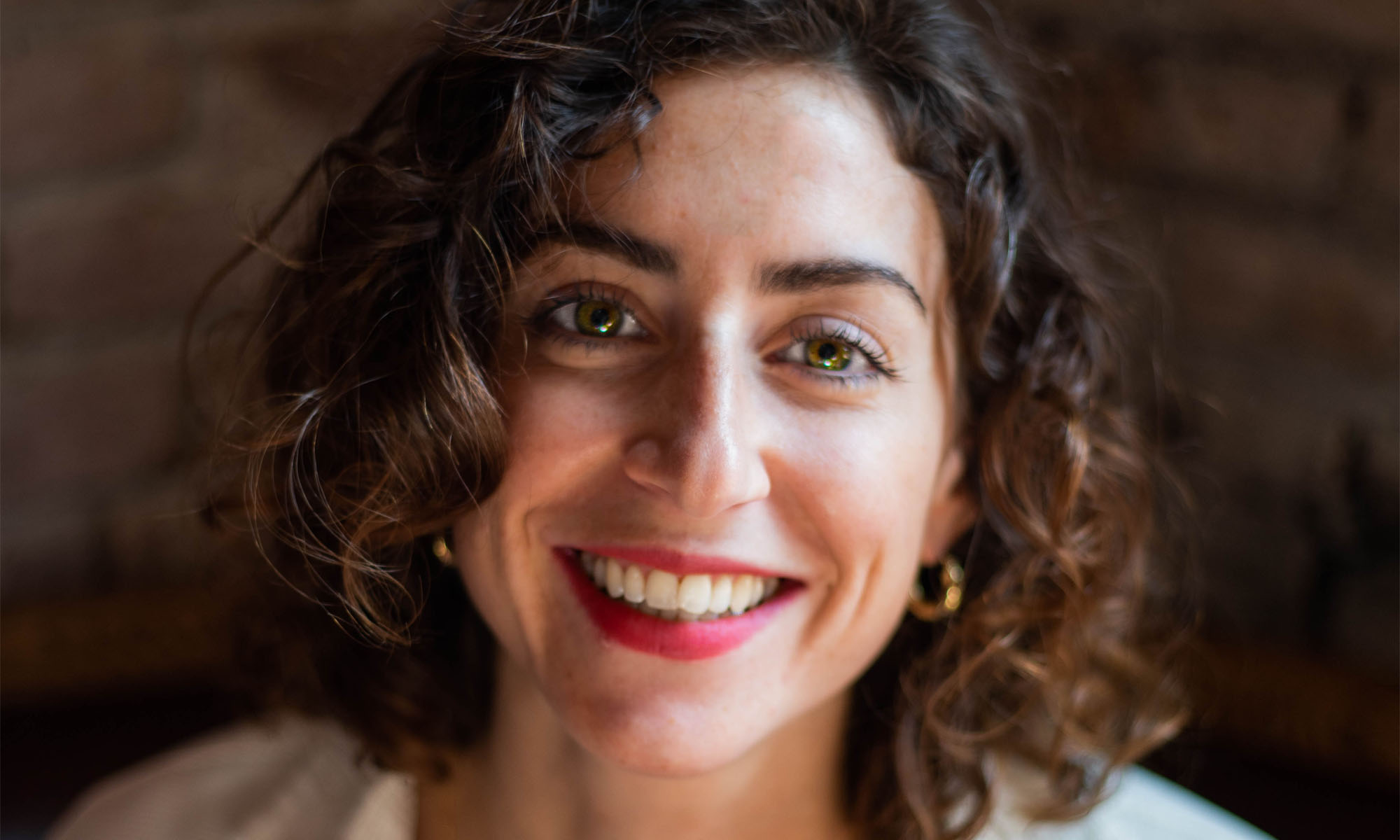Cocktails for Hope with bar owner Julia Momose
By Chilled Magazine
Chicago, Illinois is home to thousands of businesses that are at serious financial risk because of the non-existent response to the Covid-19 landscape.
However, there are still signs of hope for change courtesy of movements like Cocktails for Hope, pushing to vitalize vulnerable businesses by uniting and voicing what is necessary to maintain financial safety.
The origins of Cocktails for Hope date back to when co-founder Julia Momose inevitably closed her bar because of the lockdown. She recalls, “March 15th, I closed down my bar, not knowing when we would re-open again. I knew nothing of politics or lawmaking when this started. But I knew that my bar and bars like mine needed the sales of cocktails to help stay afloat during mandatory closures.” Here’s what Julia had to say about her Cocktails for Hope movement.

Why do you think it’s important to reform the laws governing alcohol sales in the states
Many of the laws pertaining to the sale of alcohol are antiquated. Control impositions have been put in place to limit the consumption of cocktails and spirits, hurting businesses and ultimately backfiring as consumers double up on beer and wine, such as is the case in North Carolina. Times have changed, and while businesses are expected to change with the times, many are unable because of these laws. Such was the case in Illinois when all bars and restaurants were shut down and could only operate with to-go. There had to be a change in the law to allow certain license holding establishments to be allowed to sell packaged goods.
However premixed cocktails were not allowed. Most bars and restaurants count on the strong profit margins of cocktails to attain the revenue they need to survive and make a profit. Stripping them of this left many to fail with no chance of surviving without spending more on reconcepting. More often than not the people making and enforcing the laws do not understand how these businesses work. It is critical that we speak up when something isn’t as it should be and work together to sort the issue.
What should bartenders know about running a program like yours from their bars? Any tips/advice?
It is all in the details. When we take away the ambiance of the bar, the music, the glassware, the sensation of togetherness, all that is left is the product. Everything from the ordering experience, to pick up, to masked interactions, are a part of the experience and should feel seamless—comforting, even. The main point I would like to make is that we are never going back to the way things were. It is time to acknowledge the state of things, and perform in a manner that will keep people coming back and ordering to-go even when the option to dine in exists.
What can you tell us about the future for To-Go cocktails – beyond the pandemic/with bar reopenings?
Depending on the state, we will see to-go cocktails become a regular part of business. Office parties, baby showers, graduations, will be potential sales as more people choose to celebrate outside of the bar and restaurant setting, we have the opportunity to still be a part of their celebration.
What are some of the obstacles you face or have faced in making a change?
March 15th, I closed down my bar, not knowing when we would re-open again. I knew nothing of politics or lawmaking when this started. But I knew that my bar and bars like mine needed the sales of cocktails to help stay afloat during mandatory closures. I started with a petition, posting on social media, tagging people with influence and power, but to no avail. I had hoped that the governor of Illinois would do as other governors had and issue an executive order to allow us to sell cocktails to-go, but that never happened. In time, an attorney named Sean O’Leary, or the Irish Liquor Lawyer as he goes by, reached out to me and offered assistance.
Together we wrote letters to the Illinois Liquor Control Commission (ILCC), the Governor and to the Mayor of Chicago. The Mayor’s office said that it was a state issue and the State said it was a local issue. One of my regulars, Ian Beacraft from Kumiko reached out to me and offered his help. We got on a Zoom call and I explained the issue to people of influence in Chicago. They offered suggestions of other people of power and influence to reach out to. Ian, Sean and I formed a grassroots movement called Cocktails for Hope. We continued to write letters, to call. Sean noticed a discrepancy in bulletins posted by the ILCC. One bulletin said that local authorities could grant permission to establishments to sell premixed cocktails to go. However, in another it stated that it was not allowed. Some mayors did grant permission to their constituents, only for these businesses to get shut down by the ILCC after launching their programs.
A reporter asked Governor Pritzker in a press conference about the matter, and Pritzer said he thought it was a local issue. We addressed the mixed messaging in a video. The next day I got a call to my cell phone from the director of the ILCC. At last, it would seem, we had their ear. The conversation was cordial. We set up a phone call where he invited us to share a proposal. He expressed that the primary role of the ILCC was to ensure the health and safety of Illinois. We assured him we felt the same and took their concerns — vehicle code, sanitation, underaged drinking, all critical factors into account as we developed a series of criteria to propose into law. It was clear at this point that an EO was never going to come. We contacted legislators and soon had the support of Senator Sara Feigenholtz (responsible for legalizing happy hour in Illinois) along with Representative Lindsey LaPointe. We worked with Senator Feigenholtz to draft a bill, and with the help of Representative LaPointe brought over sixty state representatives and state senators to confirm their support of the yet-to-be-named bill.
It was weeks of calling and emailing every day. Asking other people to call and email their elected officials too. Sometimes the calls wouldn’t go through — people weren’t in their offices due to COVID-19. Emails were re-routed. We didn’t give up. The house and senate met in Springfield for a session. It went late every day, and even extended an extra day. I listened to 7 hours of the session on Saturday, 5/24 — the wifi was cutting out, as it seems to do on stormy nights when listening to important sessions. HB2682, our bill came up in the Senate. It passed 56-0, a unanimous, bipartisan vote in favor. In the House there were more speeches, questions, and in a vote of 104-6, HB2682 passed. Governor Pritzker didn’t sign the bill into law until June 2nd. Chicago waited. We are still waiting. An ordinance needs to be voted on and passed when the council meets in City Hall on Wednesday, June 17th. I testified for a preliminary hearing a week ago to the City Council’s License Committee, and feel positively that this change is coming, three months after the movement was started.

Lucid Dreamer
What else can you tell us about off-premise bar/cocktail sales.
Like in-house dining, creating value so that people will come back for more is the key to success. Account for the cost of labor, product, waste, packaging, and delivery platforms. There are added challenges in the off-premise model. Packaging adds up rapidly, the vessel, cap, tamper evident sealing, label design and printing, bags, and printing invoices all add up. However, customers are less likely to want to pay the same price for a cocktail they pour out at home, then one served completed at the bar.



